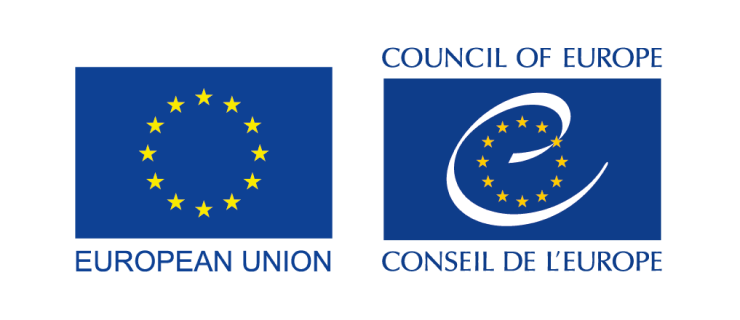International Organisation Resource
Webinar Recording: Decolonizing the teaching of Africa’s history
UNESCO • 2023
Levels and forms of education
Primary Education
Lower Secondary Education
Upper Secondary Education
Resource type
Conceptual or themathic publications
Event Summaries
Audio-visual materials (photographs, videos, movies, audio files)
Historic approaches concerned
Cultural History
Economic History
Global History
Local History
Political History
Social History
Transnational History
Other Approaches
Historic period
19th Century
20th Century
Countries or areas concerned
Africa
Languages
English
Description
Knowledge of Africa’s history has long been dominated by Eurocentric perspectives, which has led to imbalanced forms of representation of the continent’s history and perpetuated preconceptions. To counter the skewed perspectives on how African history is taught and how Africa is perceived, in 1964 UNESCO launched the General History of Africa (GHA) project, reconstructing Africa’s history, freeing it from racial prejudices ensuing from the transatlantic slave trade and colonization. Several decades of cooperation between more than 230 historians and other specialists resulted in the publication of a collection of eight volumes, on the history of Africa, written by Africans, from a pan-African perspective. It is available in full or in part in 12 languages, including three African languages: Fulfulde, Hausa and Swahili. However, despite the immense contribution of this publication to the decolonization of historical narratives, this still does not always translate into effective and impactful teaching and learning practices on the African continent, among the diaspora and beyond. The reappropriation of Africa’s historic narrative is vital to ensure a common identity and pride in Africa’s heritage, to foster an African approach to the production of knowledge and, ultimately, contribute to sustainable development in line with the African Union’s Agenda 2063 and the United Nations’ 2030 Sustainable Development Agenda. This UNESCO Chairs Seminar – the second in a series of six centred on UNESCO’s Priority Africa - focused on the ways in which higher education institutions and research can significantly contribute to the transformation of teaching and learning of Africa's history. It covered approaches towards decolonizing the teaching and learning of Africa’s history across education systems, touching upon topics such as the development of knowledge commons and indigenous knowledge-based systems, and implications for teacher education institutes, curriculum and pedagogical transformation, and the use of African languages. Framing the discussion, Cecilia Barbieri, Chief of Section for Global Citizenship and Peace Education at UNESCO, underscored the importance of the General History of Africa initiative in promoting peace, social cohesion, and a reappropriation of Africa’s identity, history and heritage. Anthony Ohemeng-Boamah, UNESCO Assistant Director-General for Priority Africa and External Relations stressed the role of higher education in advancing the historical understanding of Africa and its diaspora, citing Nigerian author Chinua Achebe who said: “until the lions have their own historians, the history of the hunt will always glorify the hunter.” The former Minister of Education of Senegal, Mamadou Ndoye, pointed out how the design of African historical education lacks scientific rigor and advocated for transformative educational reforms rather than mere add-ons to existing curricula. He highlighted the disruptive role of UNESCO’s GHA in challenging Eurocentric narratives and promoting a scientifically-backed African history.
Keywords
colonialism
de-colonization
post-colonialism
history teaching
Africa
UNESCO
United Nations
